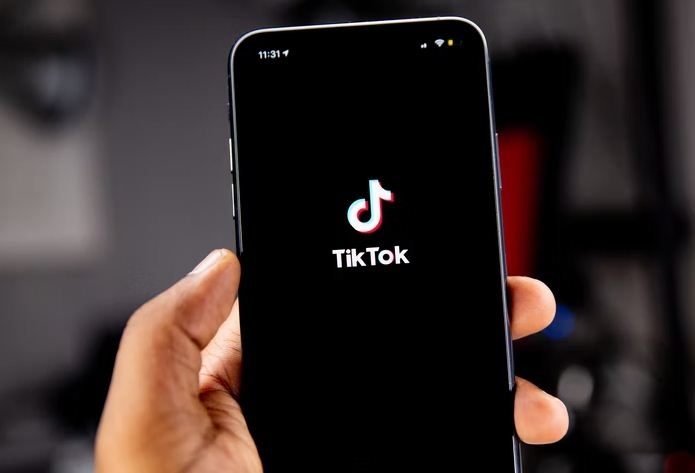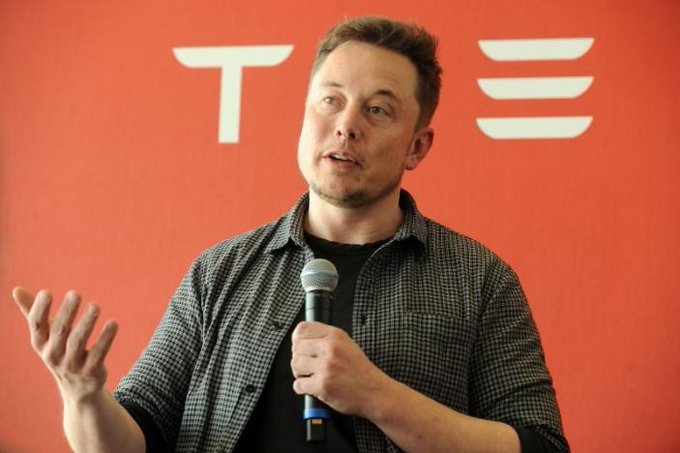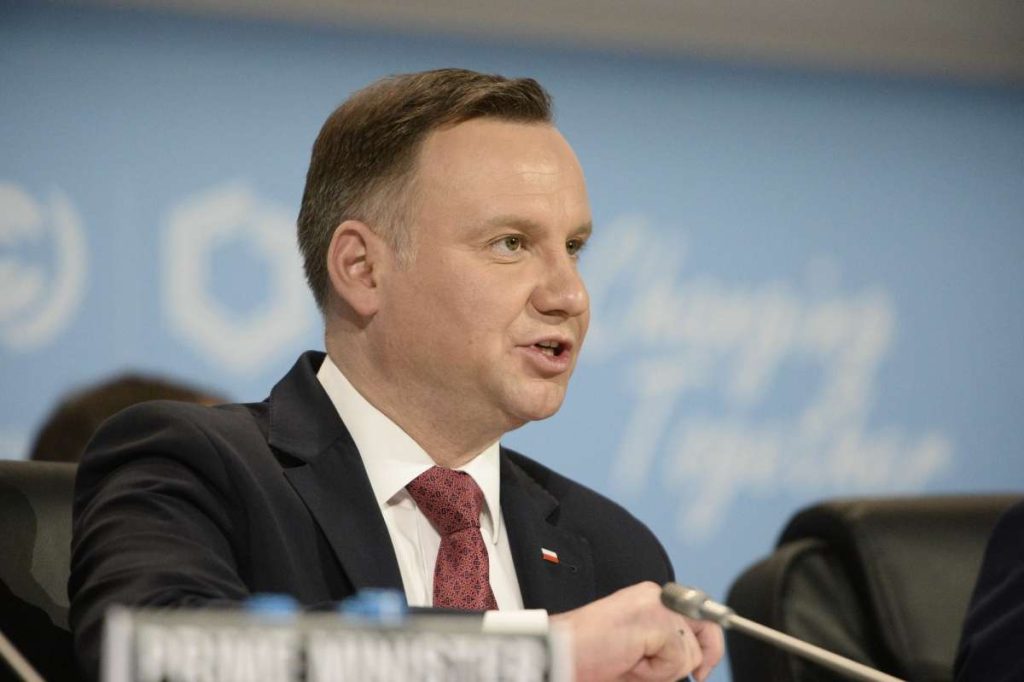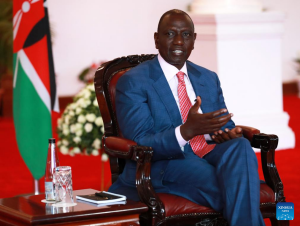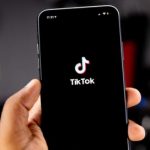Although the company has vigorously tried to counter these claims, a relentless series of media revelations continue to fuel the criticism, thrusting TikTok into the very realm of national security….reports Asian Lite News
Fame has often been described as a double-edged sword, with a delicate balancing act of perks and burdens, joys and woes, that can beguile and confound at equal rates. For TikTok, popularity is proving to be a formidable challenge, one that threatens to knock the company down from its absolute peak.
The video-sharing app, which became worldwide famous during the stay-at-home days of the COVID-19 pandemic and since then evolved into a powerful tech giant on par with Silicon Valley titans, finds itself under increasing scrutiny from legislators, policy-makers and journalists around the world, who worry about the undesired side effects of its astonishing rise.
TikTok CEO Shou Zi Chew this week flew to the Belgian capital for high-level meetings with several European Commissioners, including Margrethe Vestager, the executive vice-president who oversees the bloc’s digital agenda, and Věra Jourová, in charge of values and transparency.
The meetings, a European Commission spokesperson told Euronews, took place “at the request of the company” and focused on the obligations that will arise from the European Union’s brand-new set of twin regulations, the Digital Services Act (DSA) and the Digital Markets Act (DMA).
“We are aware of the concerns related to the use of TikTok,” the spokesperson noted.
Western regulators suspect TikTok, whose parent company, ByteDance, is headquartered in Beijing, has the potential to bring sensitive data from private citizens into the hands of the Chinese government and exploit its algorithm of content recommendation to spread communist propaganda.
Although the company has vigorously tried to counter these claims, a relentless series of media revelations continue to fuel the criticism, thrusting TikTok into the very realm of national security.
From Washington to Brussels, politicians now debate how to tackle the highly popular app, which for the time being operates mostly unencumbered all throughout the West.
“I count on TikTok to fully execute its commitments to go the extra mile in respecting EU law and regaining trust of European regulators,” Věra Jourová said after the meeting with Chew, according to a short read-out.
“There cannot be any doubt that data of users in Europe are safe and not exposed to illegal access from third-country authorities.”
The Brussels visit comes as TikTok steps up work on a make-or-break deal with American regulators that can prove user data is freed from Chinese interference. Failing to provide such vital assurance might push the administration of President Joe Biden to slap an outright ban or order a divestment from ByteDance.
The US Congress approved last month a measure to exclude TikTok from electronic devices used by the federal government, while Republican Senator Marco Rubio proposed a bipartisan draft law to introduce a nationwide ban on TikTok, a radical move that India made more than two years ago citing data compilation by “elements hostile to national security.”
In previous statements to the media, TikTok has defended its independence from the Chinese government and insisted its data collection practices were in line with industry standards.
“Since beginning transparency reporting in 2019, we have received zero data requests from the Chinese government,” a TikTok spokesperson told the Guardian.
But despite a flurry of statements, high-profile meetings, public outreach and intense lobbying, privacy and espionage concerns persist on both sides of the Atlantic.
In a privacy update released in early November, TikTok pledged new efforts to minimise data flows outside of Europe and store data locally. Data from TikTok users in Europe, which covers the EU, Norway, Iceland, Switzerland and the United Kingdom, is currently stored in the US and Singapore.
However, in that same privacy update, TikTok said that, due to the need of operating a “global platform designed for sharing joyful content,” certain company employees in countries outside the continent would be granted “remote access” to European user data.
Workers will manage this data, the company explained, “based on a demonstrated need to do their job, subject to a series of robust security controls and approval protocols,” as well as through methods aligned with the EU’s landmark General Data Protection Regulation (GDPR).
The on-the-record admission that China-based employees will access European data made international headlines and amplified long-standing concerns around ByteDance and the Chinese Communist Party.
“Regarding the issue of TikTok’s data processing practices, we of course expect all companies active in the EU to fully comply with EU data protection rules,” a European Commission spokesperson said.

